Keshab Prasad Bastola, a long-term resident of Portugal, has been vocal about the hardships stemming from the consular void created in Portugal by the past Honorary Consul General from Nepal to Portugal, Mr. Makar Bahadur Hamal. He has reached out to the Nepalese government, urging the appointment of an ambassador to Portugal and the establishment of a formal embassy to ensure the protection and well-being of Nepalese nationals residing there.
Despite not being affiliated with any political party, Bastola has been a steadfast advocate for the rights of Nepalese migrants. He has communicated with high-ranking officials, including the President and Prime Minister of Nepal, and has penned letters to various governmental and non-governmental organizations, highlighting the plights of Nepalese individuals in Portugal. His activism extends to exposing gangs operating in Portugal with alleged political backing, engaging in illegal activities that further endanger the Nepalese community. These revelations have subjected Bastola to personal threats, yet he remains resolute in his mission to effect positive change.
In an impassioned series of letters addressed to the governments of Portugal and Nepal, as well as various other authorities, a Nepalese advocate has brought to light the dire plight of the Nepalese community in Portugal following the abrupt closure of consular services. His heartfelt appeal not only underscores the suffering of his compatriots but also reveals a deep-seated commitment to addressing systemic issues that have left thousands vulnerable and unsupported.
Abrupt Closure of Nepali Consulate in Portugal

The closure of the consulate, executed without prior notice or contingency plans, has thrown the Nepalese community into disarray. Basic services such as passport renewals, legal documentation, and emergency support are now inaccessible, leaving many stranded in bureaucratic limbo. “We Nepalese brothers and sisters in Portugal, striving to build better futures for our families, have been denied even the most basic consular services,” Bastola lamented. He recounted how vulnerable individuals, already grappling with the challenges of immigration, now face additional threats of exploitation, deportation, and the inability to secure basic necessities.
Corruption and Mismanagement
Bastola pointed to the mismanagement and alleged corruption of former Honorary Consul General Makar Bahadur Hamal, whose decade-long tenure he described as a period of unchecked power and negligence. “Hamal’s monopoly on consular services created a system rife with inefficiency, delay, and exploitation. Immigrants were extorted for services that should have been their right, and now over 10,000 people are left in line for Temporary Residency Cards (TRC),” he wrote. He accused Hamal of charging illegal fees, mishandling critical documents, and leaving thousands without access to essential government services.
Economic and Logistical Burdens
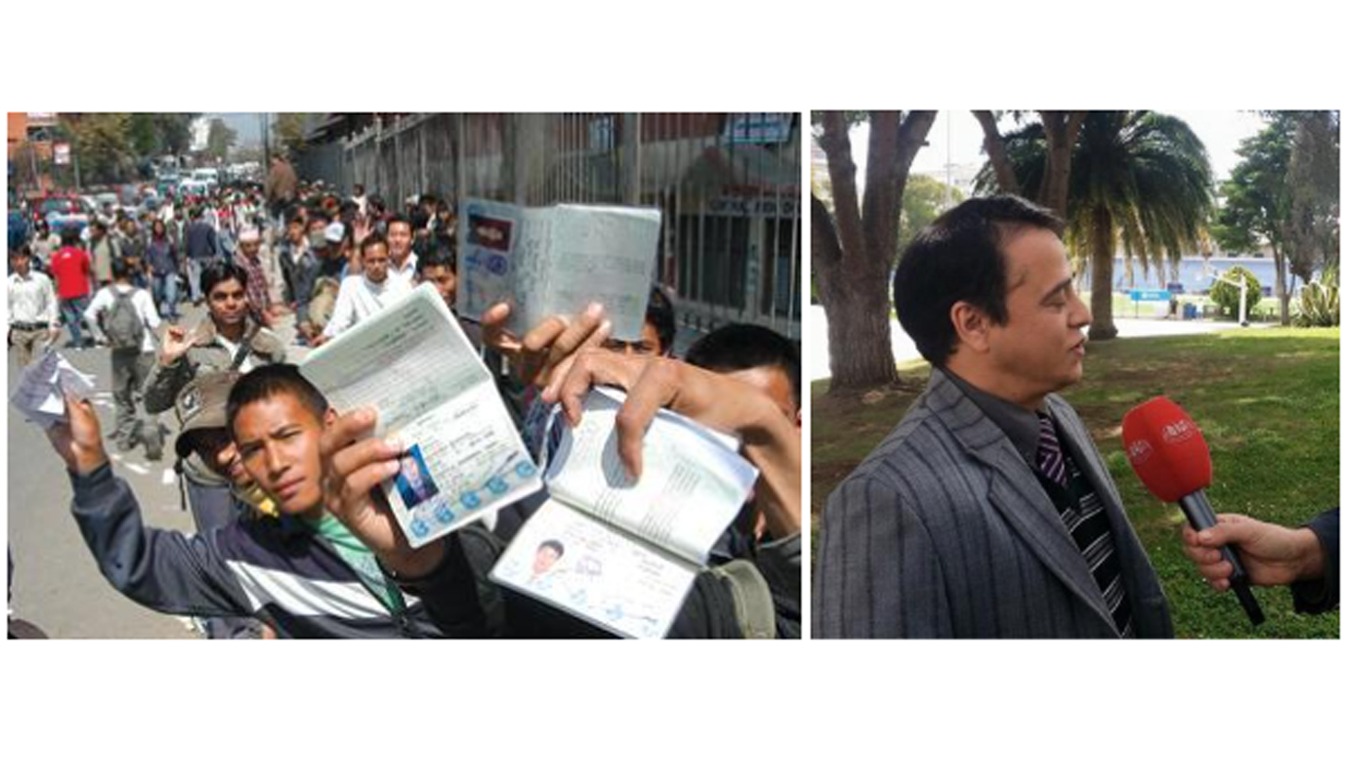
Over 60,000 Nepalis residing in Portugal are facing severe difficulties following the abrupt cessation of consular services. These services were a lifeline for documentation needs, such as passport renewals and police report verifications. The absence of an embassy in Portugal has forced Nepali workers to navigate costly and time-consuming alternatives. For example, obtaining a police report, which is provided free of charge by the Nepalese government, now requires translation and authentication via the French Embassy at an exorbitant cost. Each document verification, including translation and stamping, costs up to 250 euros—a significant burden for workers earning minimal wages.
Psychological Toll on the Community
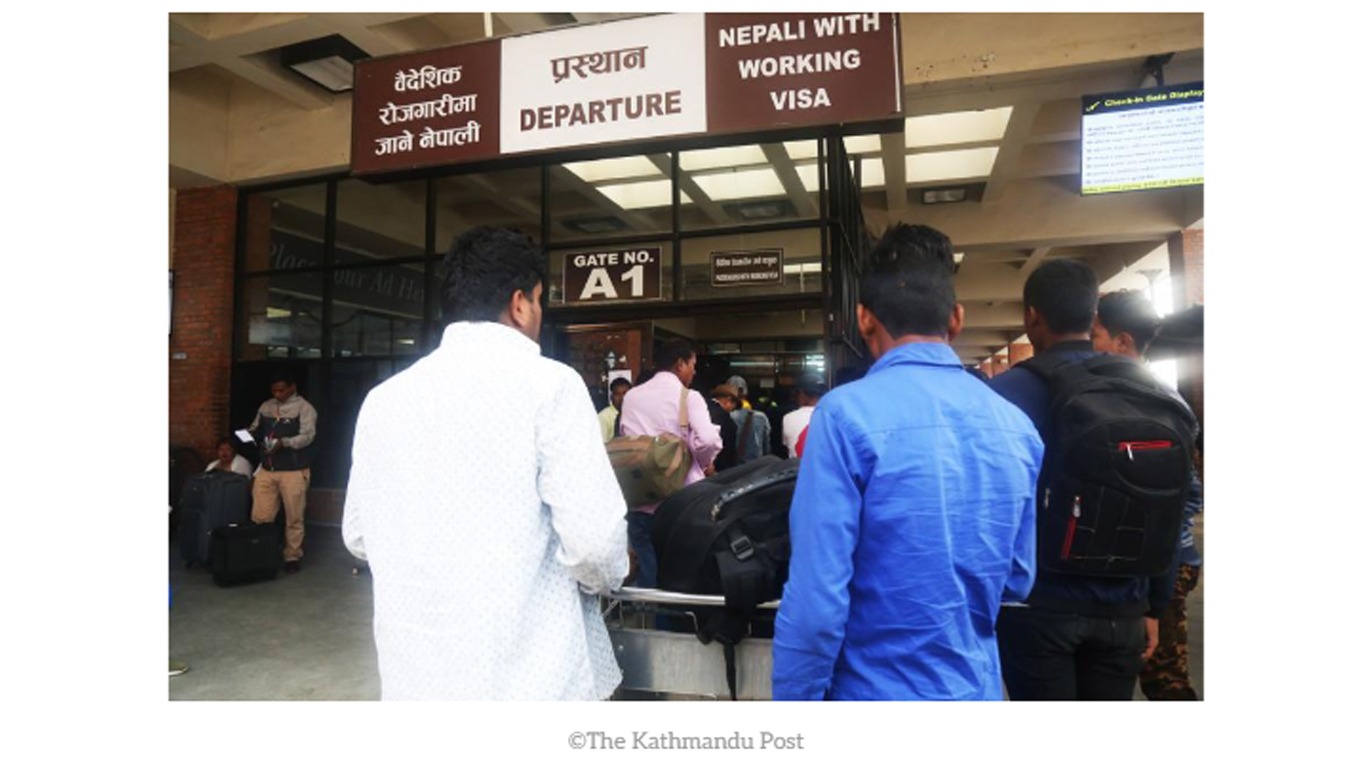
The psychological toll on the Nepalese community has been immense. Families are living in constant fear and uncertainty, unable to validate their documents or secure employment. “My fellow countrymen’s livelihoods have been destroyed, their dreams shattered,” Bastola stated, highlighting the widespread distress. He shared heart-wrenching accounts of individuals unable to access healthcare, education, or basic rights due to the absence of proper documentation.
A particularly painful aspect of the crisis, Bastola emphasized, is the plight of those who relied on consular services to navigate Portuguese bureaucracy. The sudden shutdown has not only left them stranded but has also exposed them to systemic discrimination and exploitation. Many Nepalese immigrants, he noted, have been forced into precarious living conditions, unable to escape a cycle of vulnerability.
Necessity of Diplomatic Intervention

In his letters, Bastola called for immediate diplomatic intervention. He urged the Nepalese government to investigate Hamal’s tenure and its devastating aftermath while appealing for emergency consular services to alleviate the suffering of the community. “It is unconscionable that we, the immigrants of Portugal, are treated with such neglect while consular services are prioritized in neighboring countries like Spain and France,” he stated.
Beyond highlighting the problems, Bastola offered a solution: a promise to step in as an unpaid temporary consul to restore order and dignity to the consulate’s operations. “I vow to work transparently, for free, ensuring that no Nepalese immigrant feels abandoned. I will establish clear processes, provide regular updates, and prioritize the welfare of my people,” he pledged.
He envisions a system of transparent governance, free from the monopolistic practices that plagued the consulate under its former leadership. “I want to ensure that no farm worker, no struggling immigrant, ever feels the humiliation of being extorted or ignored,” he declared. His plans include decentralizing consular services to regions like Braga, Porto, and Faro, ensuring wider access and preventing future monopolies.
Systemic Failings and Nepal’s Delayed Response
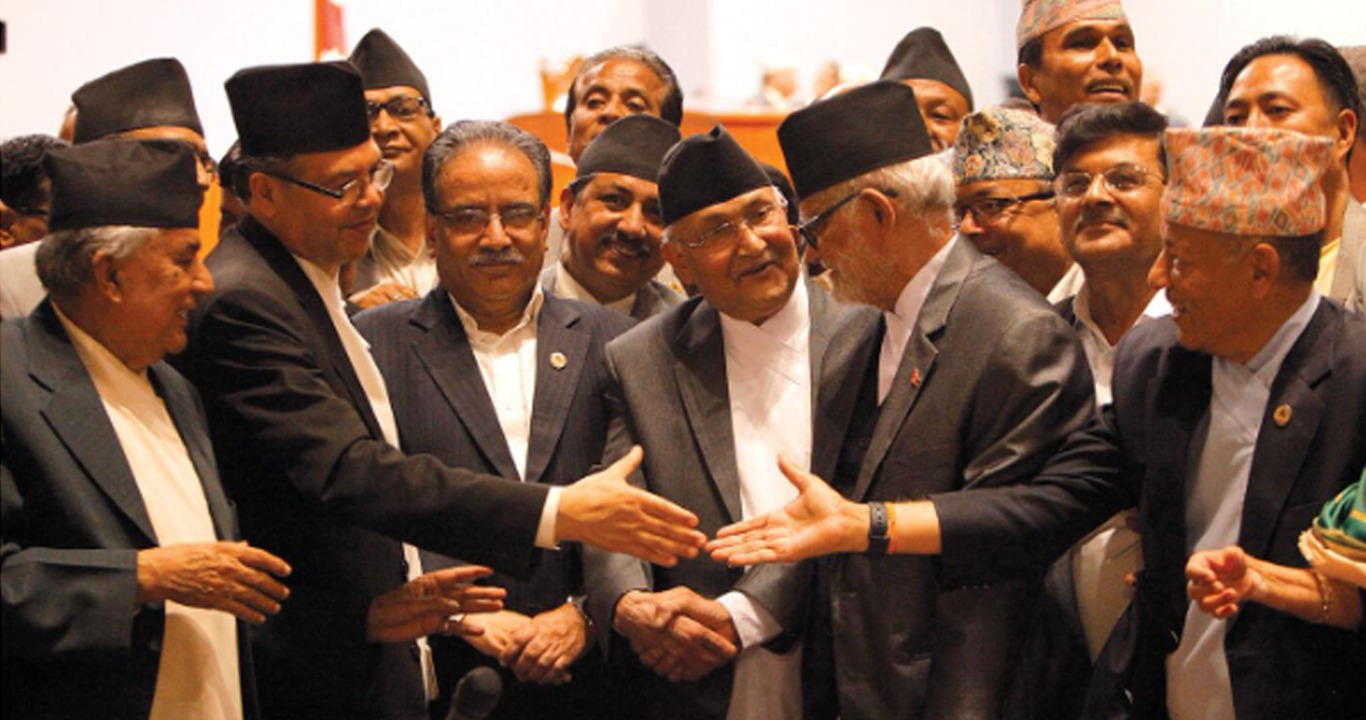
Bastola’s words resonate deeply with a community that has long felt sidelined. He expressed his determination to address not just the immediate crisis but the systemic failings that have allowed such injustices to persist. “Portugal must remain a place of hope and opportunity, not despair and exploitation,” he wrote. His plea is a testament to the resilience of the Nepalese spirit and a call for justice that can no longer be ignored.
Bastola has reached out to key political figures, including Chitra Bahadur KC, Prachanda, KP Sharma Oli, and Sher Bahadur Deuba, to address the crisis. However, his pleas have largely fallen on deaf ears. The Nepalese Ministry of Labor and Employment, Ministry of Foreign Affairs, and other relevant agencies have yet to take meaningful action.
Although Nepal has appointed an ambassador to Portugal, delays in their deployment have prolonged the agony of the community. Bastola revealed that accommodations for the ambassador have already been arranged in Portugal, but bureaucratic inefficiencies continue to hinder progress.
Broader Implications for Migrant Workers
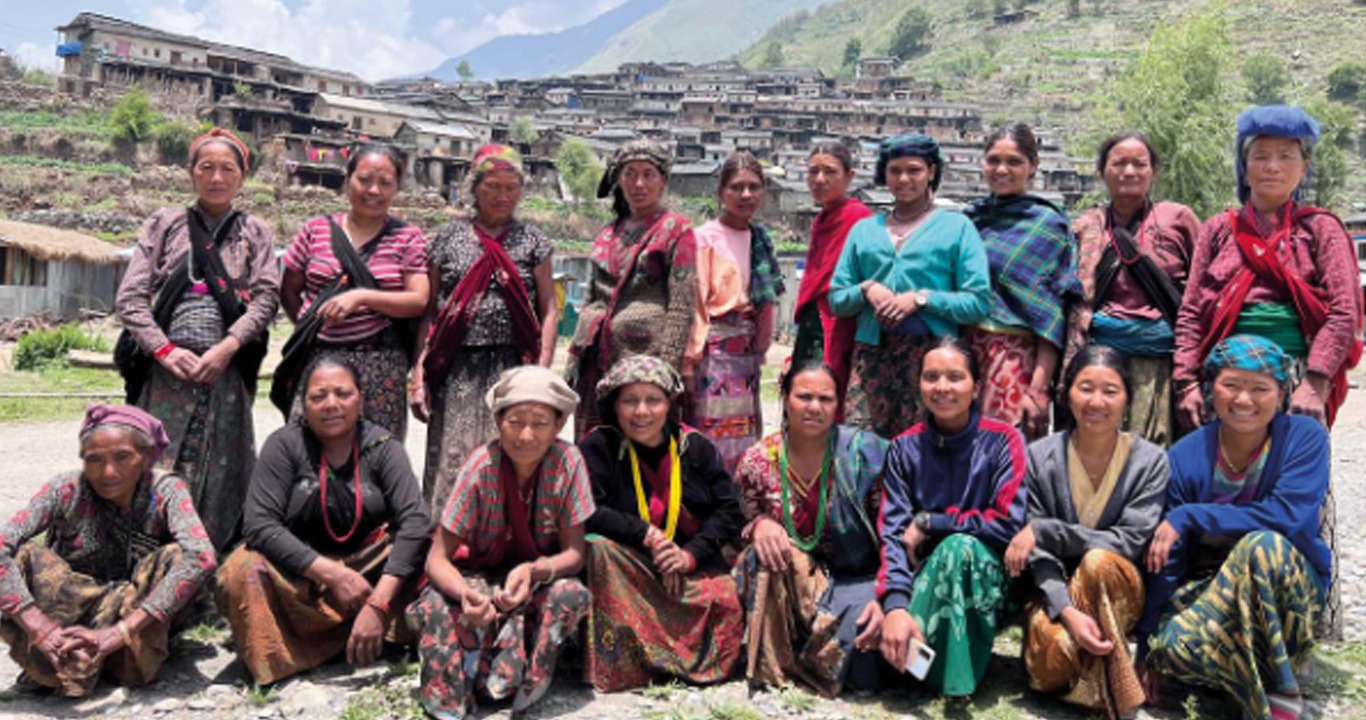
The sudden closure of Nepalese consular services in Portugal has left over 50,000 Nepalese residents in a state of uncertainty. Essential services such as passport renewals, legal documentation, and emergency assistance have become inaccessible, plunging many into bureaucratic limbo. This disruption has particularly impacted those employed in the agricultural sector and individuals in rural areas, exacerbating their vulnerability.
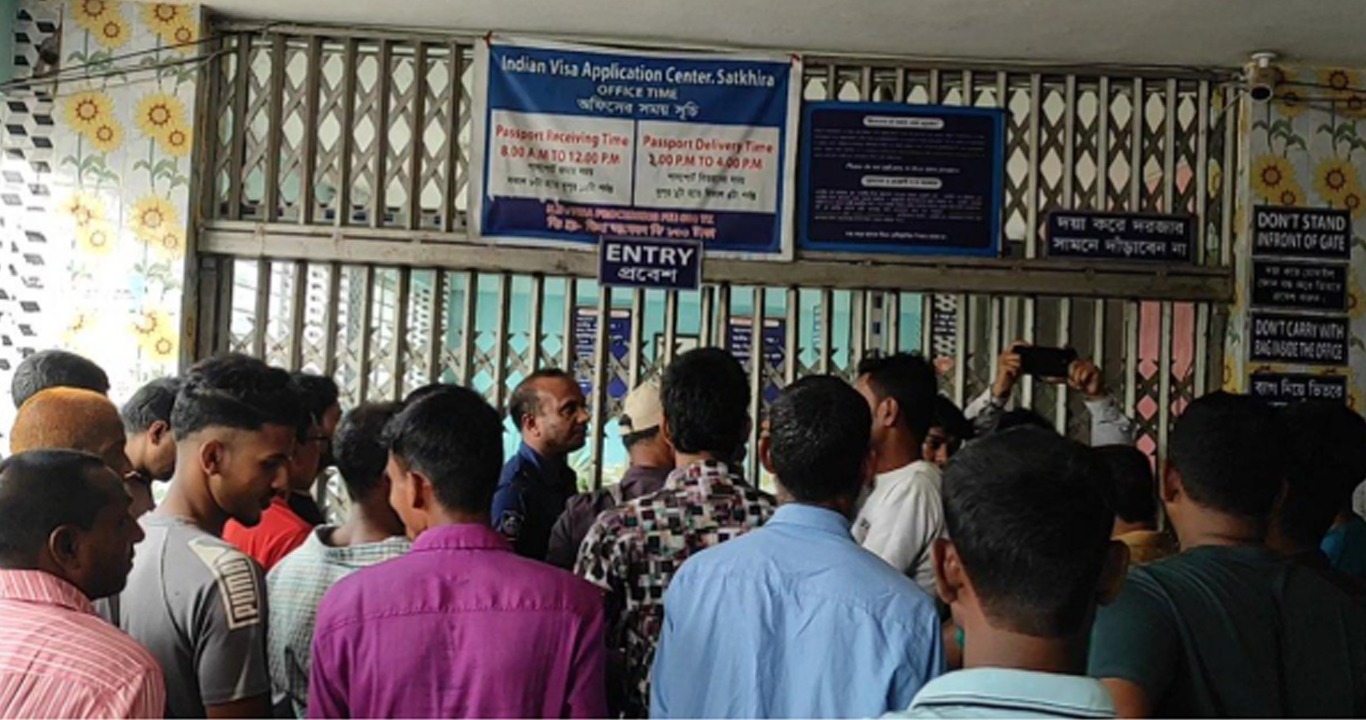
Beyond Portugal, Nepalese migrant workers bound for countries like Serbia, Croatia, Bulgaria, Belarus, and Malta face significant obstacles due to the absence of these nations’ embassies in Nepal. Aspiring workers are compelled to channel their applications through agents in India, a process that is physically, mentally, and financially taxing. Reports indicate that individuals are paying up to NPR 100,000 merely to submit documents via these Indian agents.
Nepal’s Dependency on India for Visa Services

The dependency of Nepal on India for visa services has become a pressing issue, sparking significant debate about the lack of governmental initiative to address the problem. Despite labor agreements with countries such as Spain, Romania, Portugal, Malta, Serbia, and the Czech Republic, Nepali citizens are still required to travel to India to obtain their visas. This dependency not only imposes economic burdens on citizens but also poses serious safety risks.
Economic and Safety Concerns for Nepali Citizens

Traveling to India for visa-related services is fraught with challenges for many Nepali citizens. Due to Nepal’s underdeveloped road infrastructure in rural areas, the journey often involves long hours of travel under unsafe conditions. Reports have documented numerous accidents, some resulting in fatalities, during these trips. Upon reaching India, citizens face further difficulties navigating the Indian transportation system, often relying on expensive buses and trains. For many Nepali citizens, who live below the poverty line, these travel costs are an unbearable financial strain.
Statistics reveal that approximately 84,000 Nepali citizens leave the country every month, with 70% requiring visas issued through Indian authorities. This glaring dependence highlights the inefficiency of Nepal’s foreign service infrastructure. Experts argue that Visa Facilitation Services (VFS), which India currently provides, could be easily established in Nepal. Such a move would alleviate the financial and logistical burdens on Nepali citizens, but government negligence has stalled progress.
Political Inaction and Economic Burden

The issue is exacerbated by political inaction. Nepali ministers and government representatives, including the Prime Minister and the Foreign Minister, have remained silent on the matter. Critics argue that the government’s reliance on India for various resources has led to complacency. This dependence also benefits India economically, as Nepali citizens’ visits for VFS services contribute to India’s local economy. Consequently, some view India’s open-border policy as a strategic advantage that perpetuates Nepal’s reliance.
Keshab Prasad Bastola, a prominent advocate for the rights of Nepali citizens, has brought this issue to light repeatedly. Despite threats from political party workers, Bastola has remained steadfast in highlighting the plight of ordinary Nepalis. His activism has drawn attention to the broader socio-economic challenges faced by the country, including political instability, corruption, and the lack of innovative leadership.
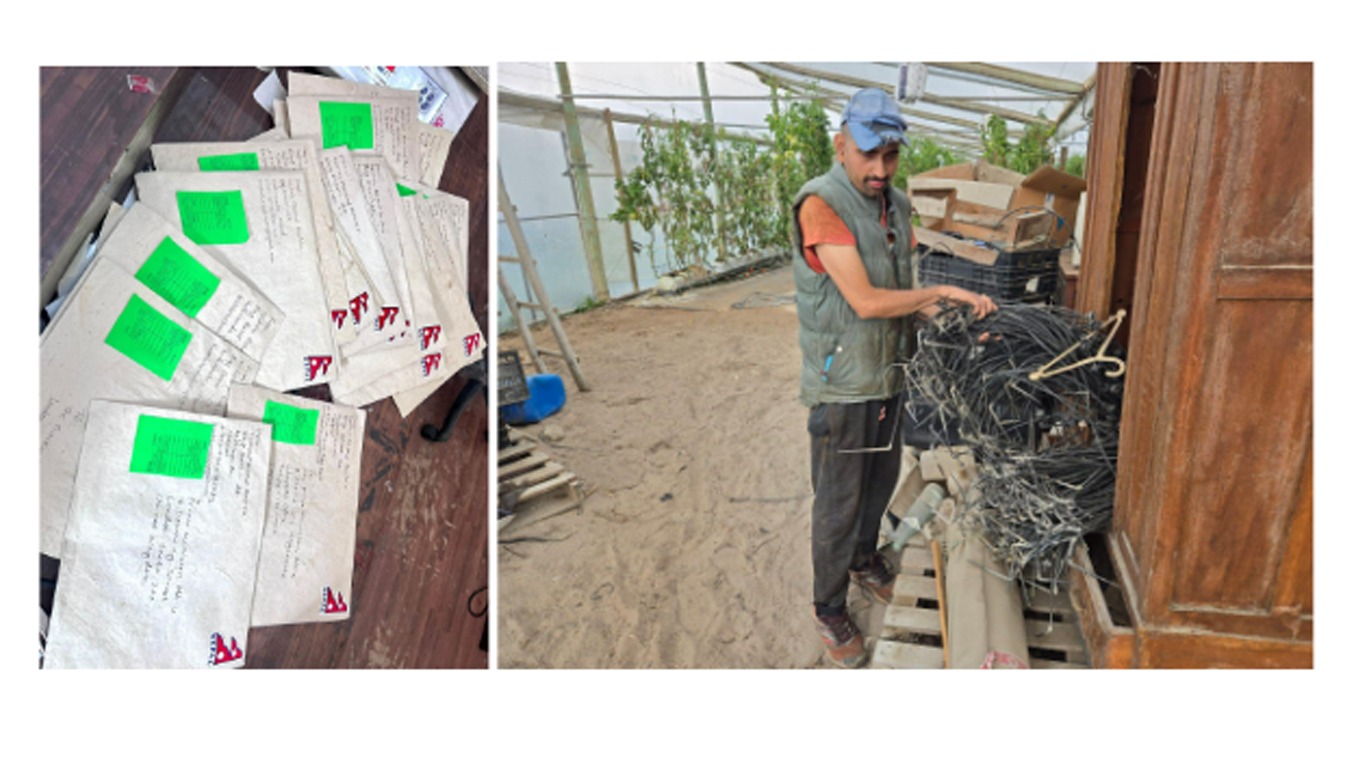
Broader Essences of Dependency
The reasons for Nepal’s labor migration are deeply rooted in systemic issues. The country’s healthcare and education sectors are prohibitively expensive, while economic opportunities within Nepal remain limited. Political instability further compounds the problem, with power often rotating among a small group of leaders who fail to bring transformative change. Young Nepalis are increasingly disillusioned, perceiving the government as corrupt and self-serving.
The Need for Immediate Action
Establishing VFS centers within Nepal is an attainable solution that would address a significant portion of these challenges. It would reduce the financial and physical toll on citizens and reinforce Nepal’s sovereignty in managing its labor force’s international aspirations. The government’s inaction, however, reflects a broader indifference to the struggles of ordinary Nepalis.

The Nepalese government’s silence on this issue has drawn criticism. The Ministry of Labor and Employment, the Ministry of Foreign Affairs, and other pertinent bodies have yet to address these concerns, leaving migrant workers without adequate support. This lack of action has led to exploitation by unscrupulous agents and employers, resulting in low wages and unfavorable working conditions for Nepalese workers abroad.
Bastola’s appeals underscore the urgent need for diplomatic intervention to safeguard the rights and welfare of Nepalese migrant workers. He emphasizes that the absence of Nepalese embassies in countries with significant Nepalese labor forces leaves workers vulnerable and unsupported. His call to action includes the establishment of embassies in such nations and the re-establishment of consular services in Portugal to provide necessary legal and administrative assistance to Nepalese nationals.
Voices of the Affected

“We cannot even begin to describe the chaos we are living through,” said Ashok Ghimire, a recent immigrant to Portugal. “Without consular support, we are invisible in this country. Basic survival feels impossible.” Ashok recounted the plight of those who had borrowed heavily to travel to Portugal in search of a better life, only to find themselves unemployed, undocumented, and vulnerable to exploitation.
For others, like Kashiram Kafle, the shutdown has derailed the process of transitioning from temporary to permanent residency. The absence of essential services has left Nepali workers unable to meet official deadlines, further jeopardizing their status. “We trusted the system and the government, but now we are completely abandoned,” Kashiram lamented.
The situation has been worsened by systemic inefficiencies and allegations of corruption during the tenure of former Honorary Consul General Makar Bahadur Hamal. Nepalis recount being charged exorbitant fees for services and enduring unnecessary delays, only to find themselves in even greater despair now that the consulate is closed.
Financial exploitation adds insult to injury. Nepalis must pay up to 250 euros—a month’s salary for many—for mandatory document verifications routed through the French Embassy, a process monopolized by intermediaries with questionable motives. Reports of gangsters demanding bribes for expediting services have surfaced, further compounding the community’s agony.
“Every day feels like a battle against an invisible enemy,” said Kamalanayan Sharma, who described the heartbreak of missed opportunities and rising tensions within the community. “We came here to work hard, to provide for our families, but now we’re stuck in a cycle of despair.”

Keshav Prasad Bastola, who has spent years advocating for the rights of Nepalis in Portugal, echoed these sentiments. “Our people are being treated as commodities, sold to foreign labor markets without any safety net or representation,” he said. Despite facing threats for speaking out against corruption and exploitation, Keshav continues to demand justice for his fellow Nepalis.
“Why is the Nepali government so indifferent to its own people?” asked Prem Karki, who emphasized the urgent need for consular services to resume. “We are human beings, not statistics. Our lives matter, and this neglect is destroying us.”
The Nepalese government recently appointed Prakashmani Paudel as ambassador to Portugal, but the establishment of a functioning embassy remains uncertain. In the meantime, tens of thousands of Nepalis in Portugal and neighboring countries like Malta, Serbia, and Croatia continue to suffer due to the absence of diplomatic representation.
Click here to read in Nepali
(नेपालीमा पढ्न यहाँ क्लिक गर्नुहाेस्)
